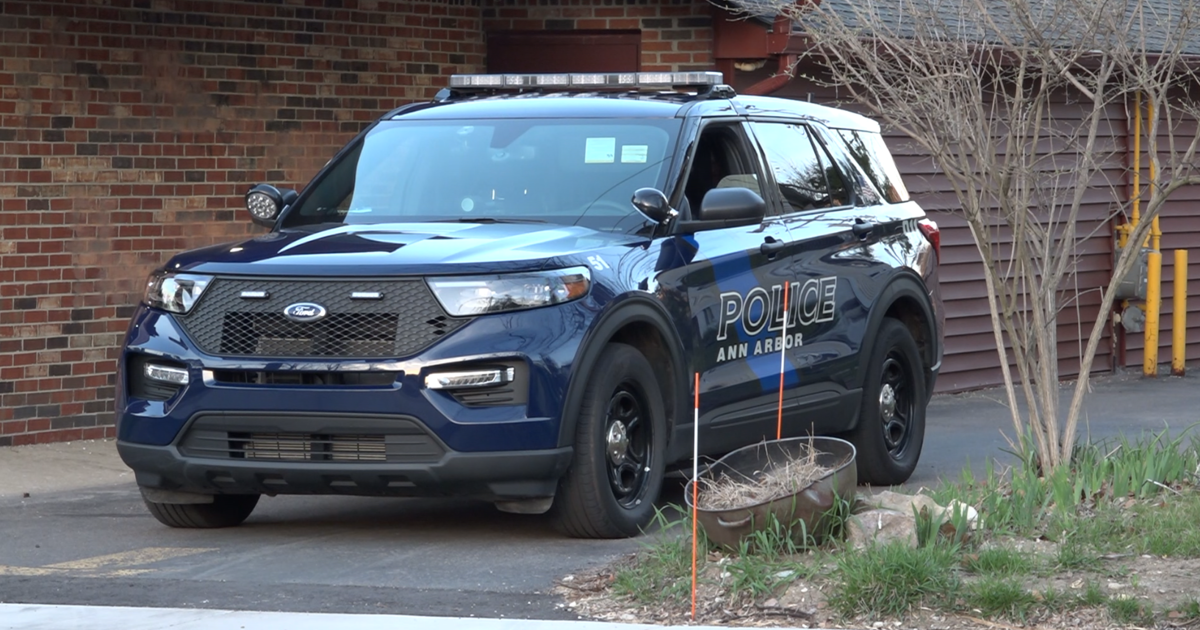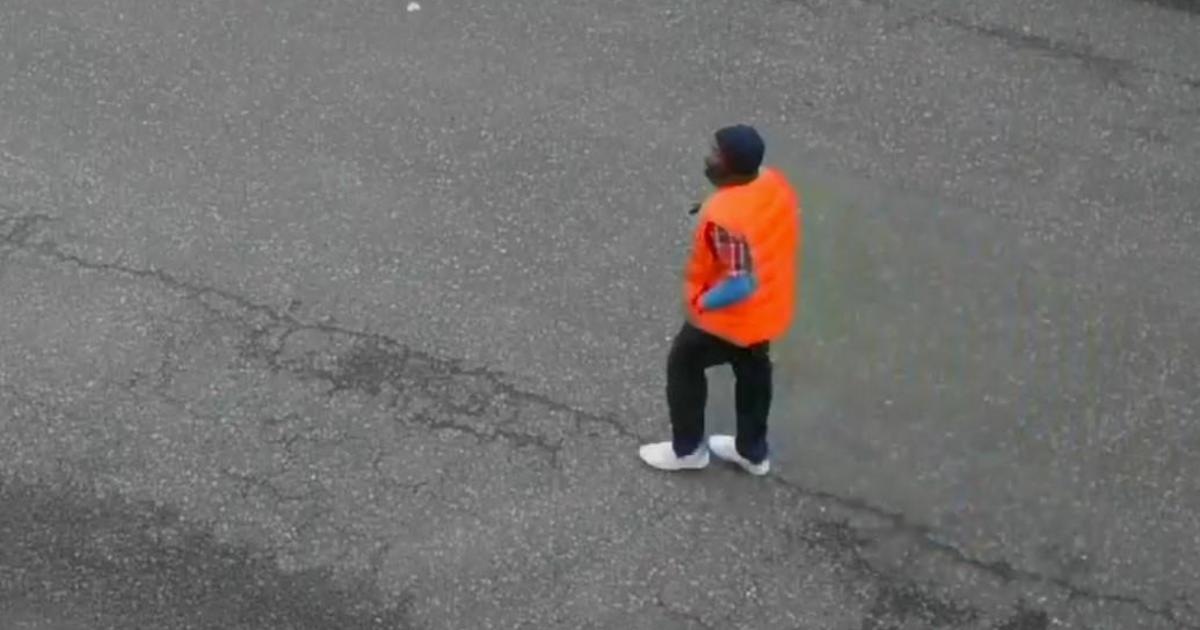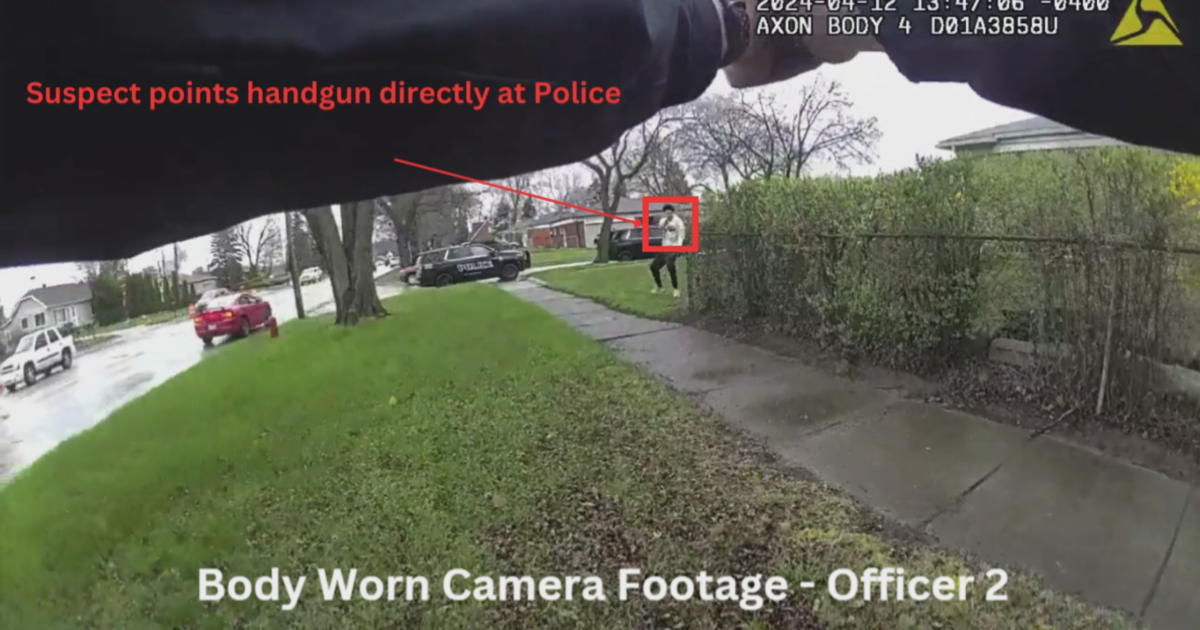Senior Safety in the Home
Anne Osmer Reporting
Do you have an aging parent or relative you're worried about? Or perhaps you're a senior yourself, concerned about your well-being.
There's good reason to be concerned. According to the Home Safety Council, more than 7,000 adults age 65 and older die each year from injuries sustained in the home. Over half of those are caused by falls.
Fortunately, many injuries are preventable. Making simple changes to the home such as installing smoke detectors, providing adequate lighting, and eliminating tripping hazards can literally mean the difference between life and death for seniors.
It's important to look out for personal safety, too. While older people are statistically less likely to be victims of violent crime, taking simple measures can ensure it doesn't happen to you.
Some police departments have seen increases in senior crime in non-violent categories such as identity theft. Farmington Hills police chief William Dwyer said seniors are often targets for this kind of crime. "They're most vulnerable because they're most trusting," he said. He recommends putting a lock on your mailbox to avoid identity theft. "It takes 700 hours to get your identity back," he said. "It only takes a moment to lose it."
Keeping theft from happening in the first place is one of the goals of the Senior Safety Program in Farmington Hills, a collaborative program headed up by the Farmington Hills Police Department. Representatives from the city's Senior Division, Commission on Aging, Emergency Preparedness Commission and police division host awareness seminars at senior centers and other facilities throughout the city to educate seniors about staying safe.
If you're concerned about personal emergency situations such as falls or heart attacks, Lew Cantor, chairman of the Farmington Area Commission on Aging and an organizer of the Senior Safety Program, suggests installing a Knox Box. A Knox Box is a secure box placed on the front door with a house key in it to which only the fire department and EMS have secure access. If you fall in your home and can't leave, but are able to make a phone call, the fire department can reach you without breaking down your door. For families helping to care for an older adult, technology can bring great relief - helping seniors stay at home while providing caregivers, near and far, information on the one cared for. Systems like QuietCare are available that monitor a person's movement without compromising the privacy of the person. QuietCare "learns" the senior's normal behavior and the family member is notified if anything strays from the ordinary.
There are many ways to help keep seniors safe, from making simple changes in the home to making older people aware of personal and financial safety measures. Most measures simply make practical sense, and can apply to every household and person, not just seniors!
Home Safety Check List:
Maintain proper lighting. To prevent falls, make sure pathways in and around the home are well-lighted. Make sure the top and bottom of stairs have plenty of light.
• Install and maintain secure handrails for all stairways, even those with just two or three steps. The Home Safety Council recommends handrails on each side of stairway and that extend the full length of the stairway.
• Keep walkways and stairways free of clutter. This includes sidewalks and outside stairs.
• Fix broken steps immediately.
• Wear shoes in the house with non-slip soles. Do not walk around in socks or bare feet.
• Install grab bars in bathtubs and showers. Use non-slip bath mats or strips to prevent falls.
• Wipe up spills immediately.
• Make sure throw rugs and area rugs don't slip by securing them with tape. Better yet, eliminate them altogether.
• Install smoke alarms on every floor, including the basement, and inside and outside every sleeping area. If you are hard of hearing, install special smoke detectors that flash strobe lights.
• Install carbon monoxide alarms outside every bedroom.
• Change the batteries on fire and carbon monoxide alarms at least once a year. Better yet, make it a habit to change them when the time change occurs, twice a year. Check fire and carbon monoxide alarms monthly to ensure they are working.
• Create a fire escape plan that identities two exits out of every room, if possible. Practice the plan at least twice a year.
• Review prescriptions at least once a year with a doctor or pharmacist.
• Consider purchasing a Knox Box that provides fire department and EMS access to the home.
• Many fire and police departments will do free safety inspections of your home. Check with your municipality to see if they offer this service and take advantage of it.
Personal Safety Check List:
• Leave at least one light on inside and outside the home when you're not home.
• When you're away for an extended period, don't let it show. Use timers to turn on lights at varied times to make it look like you're home. Cancel newspaper deliveries, have the post office hold your mail, and let neighbors and police know when you'll be away.
• Consider purchasing a home alarm system. There are comprehensive systems available that monitor for burglary, fire, carbon monoxide and medical emergencies.
• Install good locks on doors and windows and be sure to use them. Make sure door locks are at least 40" from any glass on or near the door.
• Do not leave keys in mailboxes or around the home but with a neighbor or friend.
• Keep garage doors closed and all doors locked at all times.
• Keep bushes and trees around the home neat and trim - don't provide hiding places for thieves.
• Don't enter your home if you think someone unknown may be inside. Call 9-1-1 immediately.
• Install peepholes in all access doors. Make sure the holes are accessible from the user's level (for example, for those using a wheelchair).
• Don't let just anyone into your home. Always ask for photo I.D. from service or delivery people, even if you're expecting them. If you are not sure someone should come into your house, don't let them in.
• Don't leave notes on the door when going out.
• Never tell anyone on the phone you live alone. The same goes for your answering machine message.
Financial Safety List:
• Use Direct Deposit! Criminals know when government checks arrive. Don't let them snag yours.
• Have a mailbox with a lock. A lot of personal information that can be used for theft identity can be found in your everyday mail.
• Only take out money from bank accounts for yourself - never for anyone else.
• Don't give out personal information over the phone. That includes your name, address, social security number, credit card numbers - any information that is personal. If the person claims to be calling from a bank and asks for personal or financial information, hang up.
• If a deal or financial opportunity sounds too good to be true, it probably is!
An important note for personal and financial safety: Be sure to report all crime and suspicious activity. If you'd been had, don't be embarrassed! Letting the police know what happened will help prevent further crime.
Sources: The Farmington Hills Police Department, Home Safety Council, U.S. News & World Report.
Senior Safety Resources:
For information about the Farmington Hills Senior Safety Program, call (248) 871-2700.
U.S. Consumer Product Safety Commission - Older Consumers Safety
Home Safety Council
U.S. Fire Administration
© 2010 WWJ Radio, All Rights Reserved.



